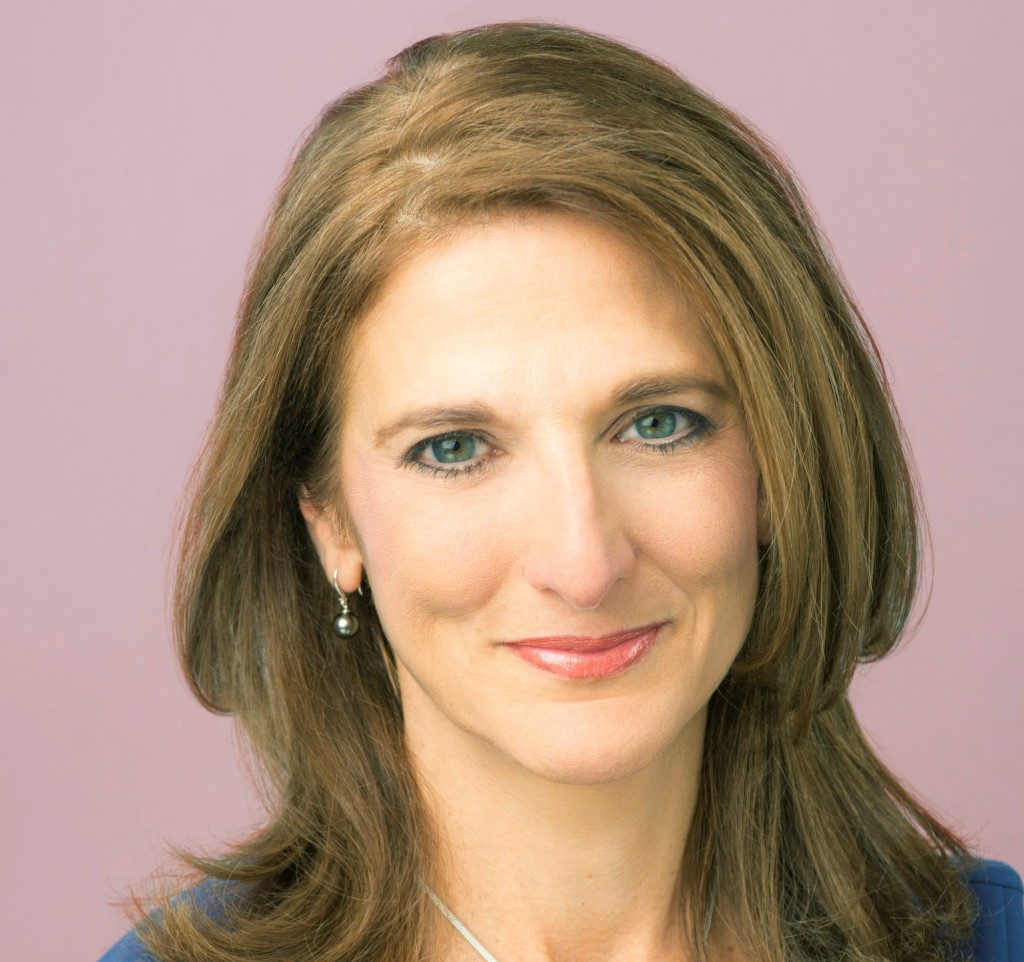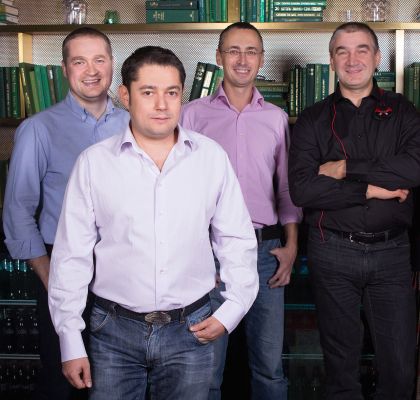When my 98-year-old mother-in-law passed away this month, I thought back to the first time I met her.
It was Christmas 2002, and as I was walking into my future sister-in-law’s house, a low and commanding voice asked, “Who set this

table?” An embarrassed 40-year-old man sheepishly said, “I did–what’s wrong, Ma?” “You did not do it correctly — here’s where the spoon is supposed to go.”
And with that, she rearranged the setting into the proper format, and then the offender followed her lead and corrected the other 17.
In that quick exchange, I knew that this woman and I would get along famously. Yes, I too noticed the error of the settings, but as the nice Jewish girl (a lesbian, no less!) making my “official” entrance into a large, Italian American family, I would be keeping my mouth shut, at least in the early days.
That Christmas story was not a Miss Manners etiquette moment; rather it highlighted her ability to spot and fix an error. What I soon learned about this powerhouse was that in addition to being the CEO and CFO of her household (one husband, five kids, two dogs), she was also the comptroller and cornerstone for more than 40 years of her husband’s consulting engineering firm.
Although she never completed a formal college program in accounting, she had a facility with numbers that was impressive, and a curiosity and competency that far exceeded what any degree might have conferred.
When she learned that I was a financial planner and money manager, she started sharing articles that she had clipped from newspapers that caught her eye. She explained that she managed the family’s savings and paid the bills. Her husband wisely understood that she was far better at these activities than he was.
She would ask me questions about everything from Social Security to FDIC insurance to taxes. A child of the Great Depression, she was not interested in the stock market – or any asset that would expose the family’s finances to risk. The one time that she purchased a stock mutual fund, the experience left her cold and little poorer.
Burned by the losses, she realized the best way to accumulate a long-term safety net was to work hard (she and my father in-law both worked into their 80’s), save every month and live within their means.
I knew that I had wormed my way into her heart 3½ years after I came onto the scene. She brought me upstairs to her home office and opened an old-fashioned ledger. In it, there was a detailed accounting of the E and EE bonds that she had purchased over the preceding 20 years. In that beautiful handwriting that seems like a throwback to another era, she had labeled the columns with everything that I needed: bond issue date, title, serial number, amount, and maturity date.
Her ask: Could I help her confirm if/when these bonds were still paying interest?
The savings bond project brought together two feisty, no-nonsense math-loving women. Our lives were so different, but our ability to bond over numbers allowed us to create a relationship of mutual respect and admiration that lasted 20 years.
After my father-in-law passed away 11 years ago, she slowly started to lose some of her sharpness. She knew it, and about 6 years ago, she handed me the ledger so that I could help her manage her money.
That job is now done, but this force of nature, this independent, strong, and devoted matriarch of a sprawling accomplished family, has left a beautiful legacy for all of us. Her ledger sits on my desk as reminder.
Jill Schlesinger, CFP, is a CBS News business analyst. A former options trader and CIO of an investment advisory firm, she welcomes comments and questions at askjill@jillonmoney.com. Check her website at www.jillonmoney.com.










